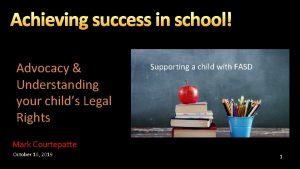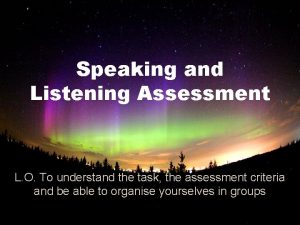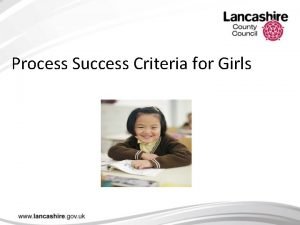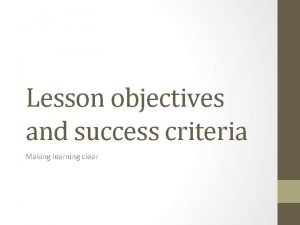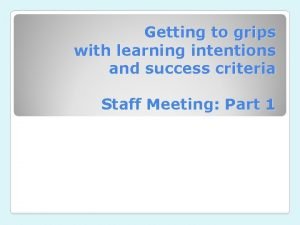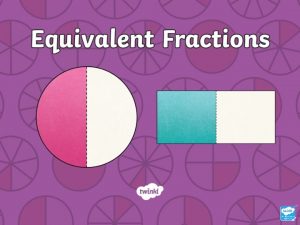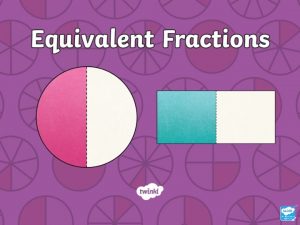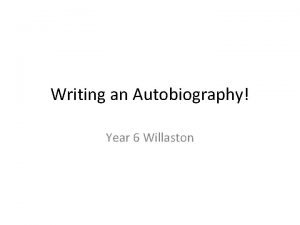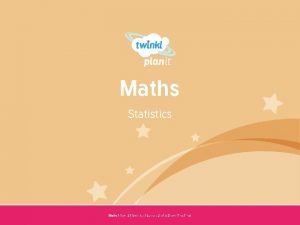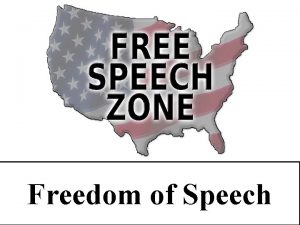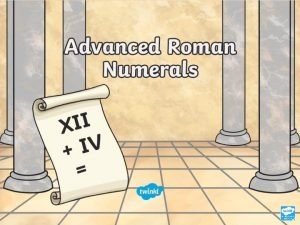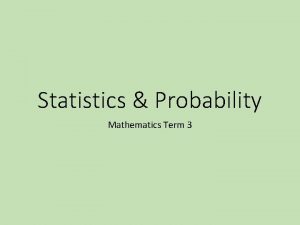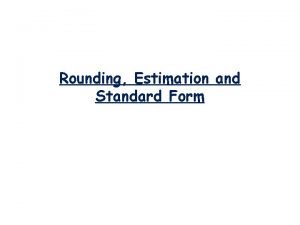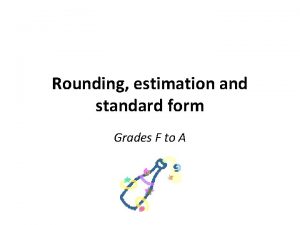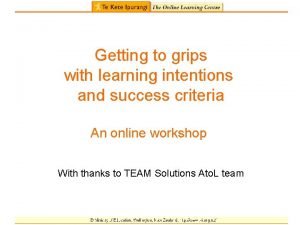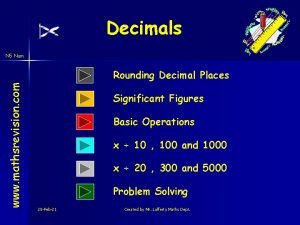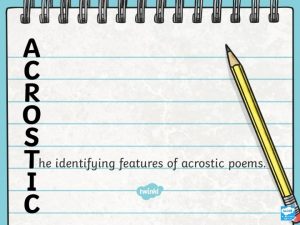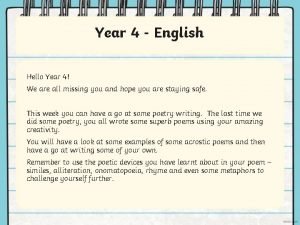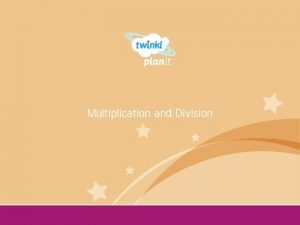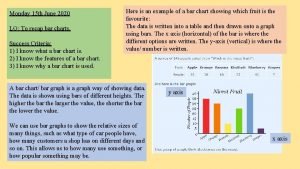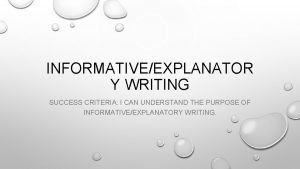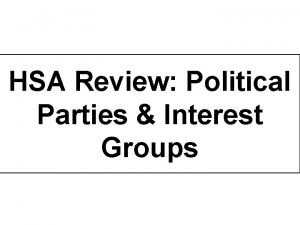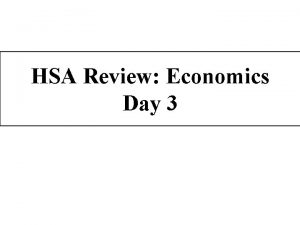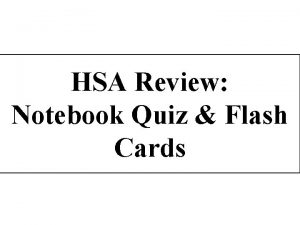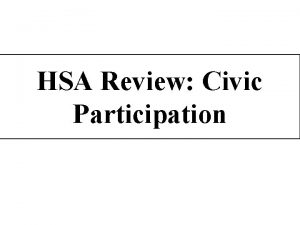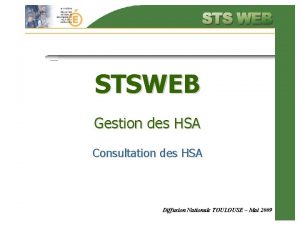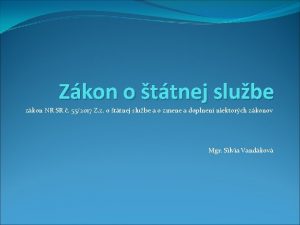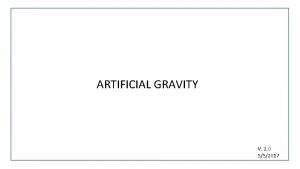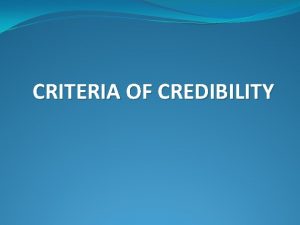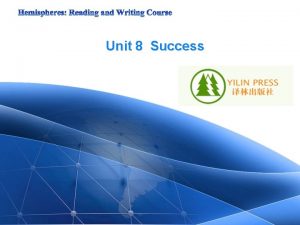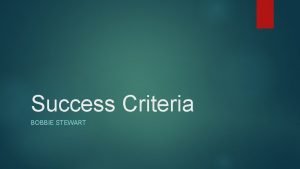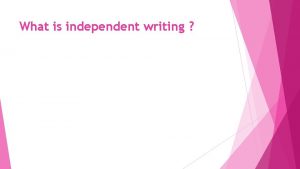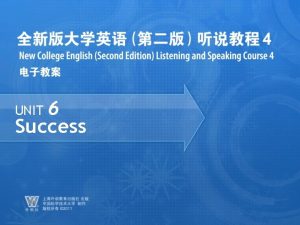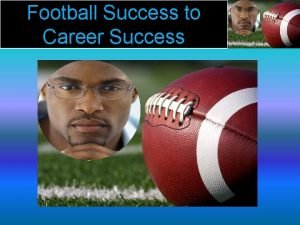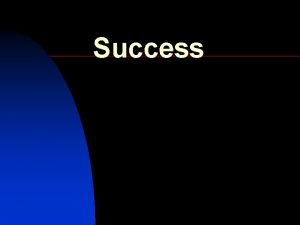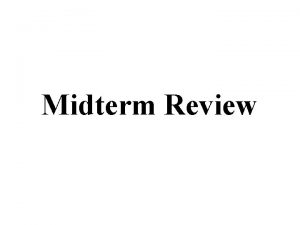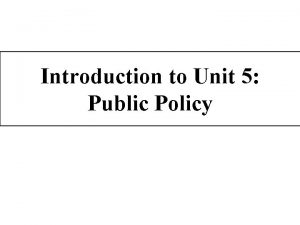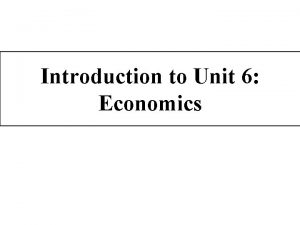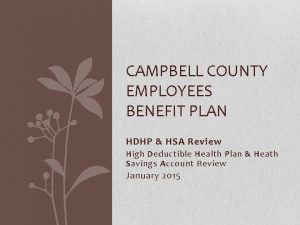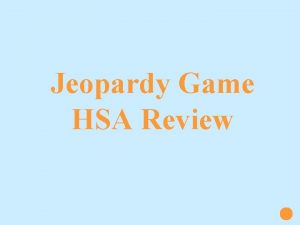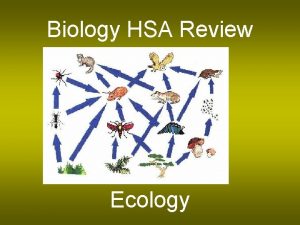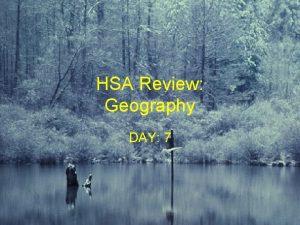HSA Review Unit 4 Success Criteria 552017 1





















![“No [business] shall discriminate against a qualified individual with a disability… in regard to “No [business] shall discriminate against a qualified individual with a disability… in regard to](https://slidetodoc.com/presentation_image/1f0a2ae25124944a7ef6746d6947ac1e/image-22.jpg)









- Slides: 31

HSA Review: Unit 4

Success Criteria 5/5/2017 1. We can identify the definition of Civil Rights. 2. We can compare and contrast model BCRs. 3. We can analyze public release HSA Questions to understand how to break them down. 4. We can evaluate our progress on the HSA Review by completing the Due Process Quiz. Answer in a complete sentence Reflect on the HSA Review so far. Do you have more confident going into the HSA? Less confident? What do you need to do to ensure your success on the test?

House Cleaning • Get Work From My Website! • Tinyurl. com/mr-krzys • HSA Date! June 1 st or June 2 nd • I need make up work by next TUESDAY to count for Progress Reports • Bring Index Cards!

HSA Review Unit 4 – Rights & Responsibilities Quiz!

Trash Ball! Each team will get to answer a question, if you get it right, you get a shot at the trash can! Closest shot = 1 point Medium shot = 2 points Far shot = 4 points

House of Representatives proposes amendment to ban flag burning 1. Which principle of government would be affected by the proposed amendment? A. individual rights B. popular sovereignty C. separation of powers D. checks and balances

2. Which of these headlines most involves a due process right? A. Politician Promises Stricter Gun Laws B. Judge Criticizes Police For Withholding Evidence C. Residents Start Campaign to Throw Out Mayor D. County Executive Withdraws Bill to Increase Parking Tax

3. A police officer arrests a suspected criminal and neglects to inform the suspect of the charges against him. Which of these best describes the above situation? A. a failure to ensure separation of powers B. a violation of due process rights C. the abuse of executive privilege D. the misuse of the power of eminent domain

4. " Everyone is entitled… to a fair and public hearing by an independent and impartial tribunal [judge/jury], in the determination of his rights and obligations and of any criminal charge against him. " Article 10 of the Universal Declaration of Human Rights According to the excerpt, all people are entitled to A. freedom of expression. B. the right to due process of law. C. freedom from cruel or unusual punishment. D. the right to representation by legal counsel.

5. Which of these actions would most likely violate civil rights laws? A an airline bans smoking on flights B a school system requires a dress code for students C an employer refuses to consider senior citizens for jobs D a police department uses written tests to help select recruits

6. The United States legal system requires that people accused of crimes be A held in prison until trial B informed of the charges against them C responsible for proving their innocence D given money if they are found to be innocent

7. The government provides a lawyer to a person who cannot afford one if that person is A. preparing a will. B. filing for divorce. C. being sued by a business partner. D. being charged with a serious crime

8. Which of these Supreme Court decisions established the doctrine of "separate but equal"? A. Plessy v. Ferguson B. Marbury v. Madison C. New Jersey v. T. L. O. D. Brown v Board of Education

9. Which of these best describes a goal of affirmative action legislation? a. to encourage young people to go into politics b. to promote educational opportunities for minorities c. to require employers to provide health benefits to all workers d. to establish job training courses for the economically disadvantaged

10. Title IX of the Education Amendments of 1972 requires that all schools receiving federal funds give male and female students equal opportunities in instruction and extracurricular activities. Which situation is in violation of this legislation? a. prohibiting girls from playing varsity football b. eliminating boys' and girls' soccer programs due to a lack of funding c. requiring the same academic standards for athletes and non-athletes d. discontinuing extracurricular activities in order to purchase textbooks

11. In 1990 Congress passed a law that gave Native Americans control over Native American artifacts found on federal land. What was a purpose of this law? A. to protect the culture of Native Americans B. to fund scholarships for Native American students C. to give states control over Native American affairs D. to encourage business ownership by Native Americans

12. A job advertisement includes the statement “We are an equal opportunity employer. ” Which of these best explains what the employer wishes to accomplish? A. help people who are trying to get their first jobs B. provide on-the-job training for unskilled workers C. assist people who have been out of work D. treat applicants fairly

13. Discrimination occurs when the civil rights of an individual are denied or interfered with because of his or her membership in a particular group or class. Which of these demonstrates an action that would fight discrimination? A. eliminating the national income tax B. discouraging women’s voting rights C. supporting immigration restrictions D. increasing opportunities for the disabled

14. In 1988, Congress passed a law authorizing the payment of $20, 000 to each Japanese American placed in relocation camps during World War II. This law is an example of Congress A. protecting national security B. maintaining the rights of the majority C. upholding decisions made during times of war D. recognizing violations of the rights of a minority

15. In 1974, Congress passed a law that restricts financial institutions from considering factors such as race, religion, gender, or age when considering an applicant for credit. This law was most likely passed to A. reduce the number of businesses offering financial loans B. protect groups of people from unfair business practices C. increase the length of time it takes to process credit applications D. prohibit businesses from verifying financial information

16. Which of these was the main goal of the federal government when it began affirmative action programs? A. B. C. D. to increase tax breaks for companies to give job training for minorities and women to give workers the right to join unions to increase the numbers of minorities and women hired
![No business shall discriminate against a qualified individual with a disability in regard to “No [business] shall discriminate against a qualified individual with a disability… in regard to](https://slidetodoc.com/presentation_image/1f0a2ae25124944a7ef6746d6947ac1e/image-22.jpg)
“No [business] shall discriminate against a qualified individual with a disability… in regard to job application procedures, the hiring, advancement, or discharge [firing] of employees…. ” —from the Americans with Disabilities Act, 1990 Based on the excerpt, the Americans with Disabilities Act is most concerned with a. social equality b. national security c. student education d. consumer protection

18. Which of these actions would most likely violate civil rights laws? A. an airline bans smoking on flights B. a school system requires a dress code for students C. an employer refuses to consider senior citizens for jobs D. a police department uses written tests to help select recruits

19. Congress passed a law that requires states to make voting aids or individual assistance available to the disabled and the elderly. Which of these is most likely a result of this law? A. Voters may request ballot instructions in large print. B. Voters must vote in the precinct in which they live. C. Election officials may ask a voter for identification. D. Voting precincts must extend voting hours.

20. Which of these statements best explains why school officials are allowed to search a student’s locker without a search warrant? A. It is illegal for police officers to enter school property. B. All constitutional rights are denied students under 21 years of age. C. School officials are part of local police departments. D. It is considered necessary for the protection of other students.

21. In 2001 the Supreme Court ruled that a public school in New York violated the constitutional right to free speech when it prevented a Christian children's club from meeting on school grounds. What was most likely an effect of this ruling? A. Parents receive state money toward private school tuition. B. Schools must provide transportation to extracurricular activities if they are school sponsored. C. Religious clubs must receive funding from public schools. D. Public schools must give the same access to religious groups as they do to other organizations.

22. In which economic system does the government have the most control over a country’s economy? A. mixed B. market C. command D. traditional

23. Which of these is a characteristic of a traditional economy? A. People rely heavily on hunting and farming. B. Large corporations compete for business. C. The government generally owns all means of production. D. Technological advancements encourage growth.

24. Which of these is usually true in nations with a market economy? A. Businesses that are inefficient risk going out of business. B. Most farms are owned and operated by the government. C. Workers are restricted by the government from changing jobs. D. Consumers have little choice in the types of goods they may buy.

25. Which of these would most likely result if Congress increased the minimum wage? A. States would receive less tax revenue. B. Some companies would raise the price of products. C. Interest rates would be lowered to encourage spending. D. Some cities would raise property taxes on homes.

26. What is the opportunity cost for state governments that spend state money during natural disasters? A. Main highways between states may be blocked. B. Prices for snow removal equipment may increase. C. Other services offered by the states may have to be cut. D. State governments may receive additional highway funds.
 Unit 10, unit 10 review tests, unit 10 general test
Unit 10, unit 10 review tests, unit 10 general test Your child's success or lack of success
Your child's success or lack of success Your child's success or lack of success
Your child's success or lack of success Listening assessment criteria
Listening assessment criteria Success criteria examples
Success criteria examples Learning objectives and success criteria examples
Learning objectives and success criteria examples Examples of learning intentions
Examples of learning intentions Learning intentions and success criteria examples
Learning intentions and success criteria examples Shape poem features
Shape poem features Acrostic poem for o
Acrostic poem for o A fraction equivalent to 1/5
A fraction equivalent to 1/5 Success criteria for equivalent fractions
Success criteria for equivalent fractions Autobiography writing for class 7
Autobiography writing for class 7 What is a biograohy
What is a biograohy Success criteria for listening skills
Success criteria for listening skills Tally chart success criteria
Tally chart success criteria Tally chart success criteria
Tally chart success criteria Make a phone call
Make a phone call Cdviii roman numerals
Cdviii roman numerals Learning intentions and success criteria for mathematics
Learning intentions and success criteria for mathematics Rounding success
Rounding success Rounding success criteria
Rounding success criteria Learning intention example
Learning intention example Informal letter success criteria
Informal letter success criteria Success criteria for rounding numbers
Success criteria for rounding numbers Success criteria for ordering numbers
Success criteria for ordering numbers Autobiography success criteria
Autobiography success criteria Success acrostic poem
Success acrostic poem Nanny acrostic poem
Nanny acrostic poem Multiplication success criteria
Multiplication success criteria Bar chart success criteria
Bar chart success criteria Success criteria for informative writing
Success criteria for informative writing


